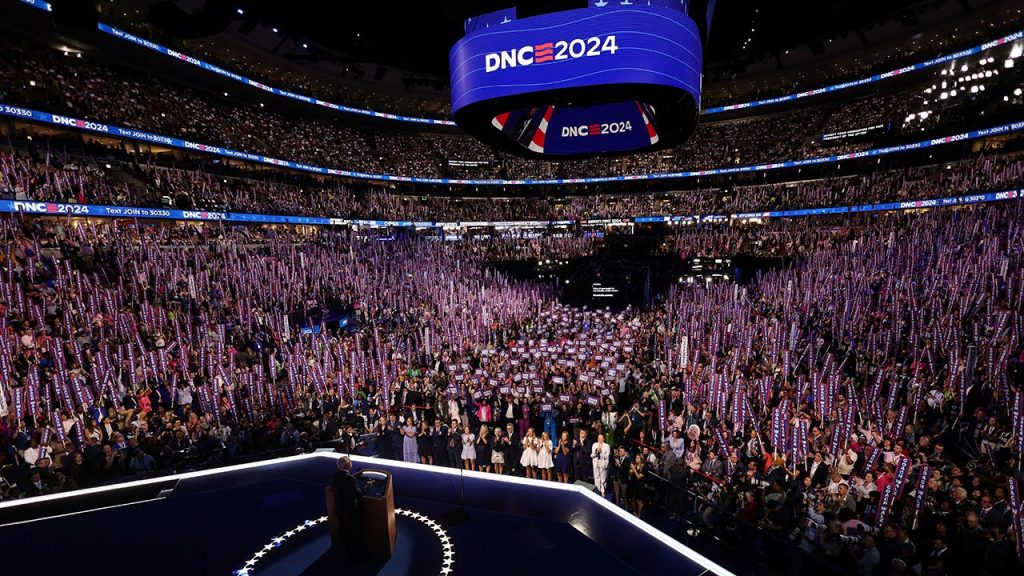Critics are slamming Chicago’s school district for delaying the start of the academic year by a week, with many arguing that the decision is politically motivated. The original calendar, known as the School Year 2025 (SY25) calendar, had students returning to school on Monday for 176 full-student-attendance days, ending on June 12, 2025. The district cited the Democratic National Convention (DNC) and its estimated 75,000 visitors as a reason for the delay, saying that it would allow students to participate in hosting the convention. However, this decision has drawn ire from education experts and lawmakers who believe that political agendas are being prioritized over students’ education, with critics accusing the public sector unions, such as the American Federation of Teachers (AFT), of driving these decisions.
Critics have pointed out that AFT union boss Randi Weingarten was a featured keynote speaker at a DNC panel and have accused the Chicago district of allowing unions to dictate what is best for students. These critics argue that decisions such as delaying the school year for the DNC showcase the dangers of public sector unions having too much power. Lawmakers have also criticized claims made at the DNC regarding education, with some saying that the Democratic Party’s political interests are being placed above the needs of students. Representative Darin LaHood, an Illinois Republican, called for more school choice programs, citing the perceived prioritization of political interests over education in Chicago.
The American Federation for Children’s Corey DeAngelis criticized the Chicago district for delaying the school year and suggested that the situation underscores the importance of school choice. DeAngelis argued that parents should have the ability to choose where their children’s education dollars go, allowing schools to cater to the needs of families. Chicago’s reported $500 million deficit has raised concerns about the influence of teachers unions in the district, with accusations that unions are governing Chicago and putting students’ needs last. DeAngelis and others have condemned Chicago politicians for allowing teachers unions to exert influence over educational decisions, leading to students being kept out of school for extended periods of time.
Chicago politicians have been accused of prioritizing the needs of the Democratic National Convention over those of students, with critics arguing that this decision is a manifestation of the influence of teachers unions in the city. Critics have called out individuals such as Randi Weingarten and other Democratic leaders for allegedly putting political agendas ahead of students’ education. The Chicago school district’s decision to delay the academic year has sparked controversy and led to calls for more school choice programs to provide alternatives for families. As the debate over the delayed start of the school year continues, concerns about the influence of unions, the deficit facing the district, and the city’s political landscape have emerged as central issues in the discussion.


